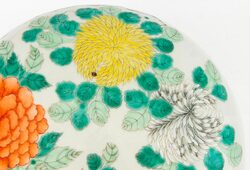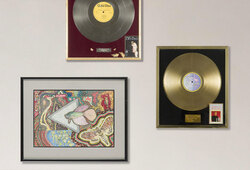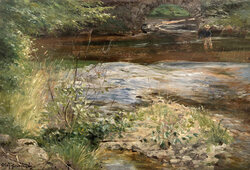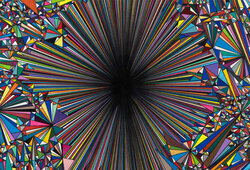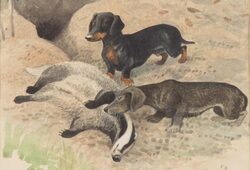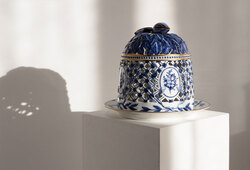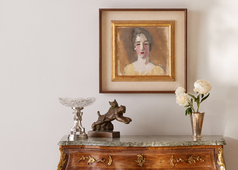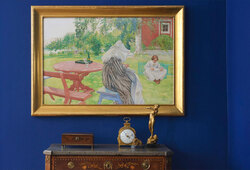Ivan Constantinovich Aivazovsky
MARINE MOTIF.
Sign. Oil on board 11x16,5 cm.
More information
Herewith we express gratitude to Natalia Ignatova who provided us with information concerning this lot.
Designer
Aivazovsky is associated with the greatest achievements in marine painting and laying the foundation of Russian naval painting. He became a model for several other prominent Russian artists who focused on depicting seascapes. Born in 1817 into a poor Armenian family in the small coastal town of Feodosia in the Crimea, he was fortunate to begin his art studies at the St Petersburg Academy of Arts in 1833.
His first paintings, exhibited in the late 1830s, attracted great attention for their technical brilliance, their accurate representation of nature and the enthusiasm that permeated his work. He was fascinated by the sea, its powerful, uncontrollable natural forces and constant change. Brilliant colors and strong tones in Aivazovsky's paintings testify to his devotion to the ideals of Romanticism.
During the 1840s Aivazovsky traveled extensively in Russia, Europe, and America. During his travels, he painted frequently, and thanks to his personality, which was characterized by a positive attitude to life, drive and warm humanity, he was able to make contacts easily. In 1848 he returned to his hometown of Feodosia on Crimea, where he lived for the rest of his life.
In 1865 Aivazovsky became a professor and later a member of the St Petersburg Academy of Fine Arts, and during the same period he was made an honorary member of the Paris, Amsterdam, Rome, and Stuttgart Academies of Fine Arts for his great achievements in painting.
Aivazovsky organized over 120 exhibitions of his paintings both in Russia and in Europe, the proceeds of which went to charities such as poor artists, actors, students and families in Armenia who lived in scarce conditions. In 1865 he founded an art school at his studio in Feodosia, where talented young artists could study under his guidance. Fifteen years later he opened an art gallery in his studio, which became a cultural center.
Aivazovsky led an ambitious and active life and his career as an artist spanned almost 65 years. A large part of his oeuvre consists of sea scenes, but he also painted cityscapes from Moscow, St Petersburg and Odessa, as well as landscapes from Ukraine and the Caucasus, among other places. From the 1870s he began to be influenced by the new democratic trends in art, and the Romantic features were somewhat muted in his output. He began to depict reality in a more realistic manner, and superficial effects and brilliant coloring were replaced by calmer and softer tones.
Read more




